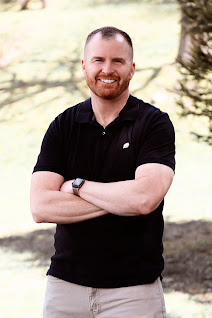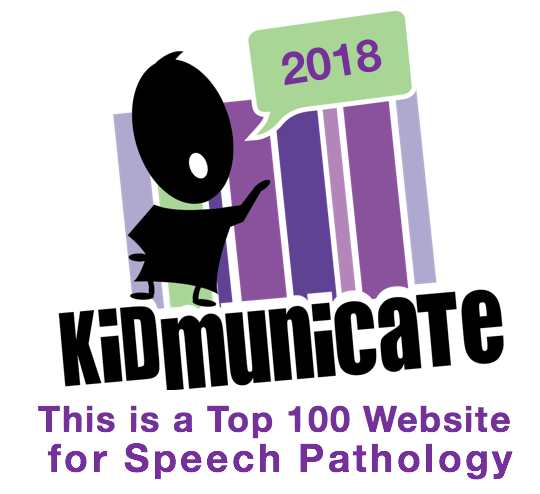There have been a number of "Facebook emulators" that allowed you to create profile pages and posts for a fictional or historical person, but ClassTools.net's Fakebook, seems to be the easiest to use, and I am also glad to see that it has stuck around (some of these have been a bit ethereal). Kids are obviously "into" Facebook, and even elementary students would be excited to create a fake profile, having seen siblings and parents use the site. What you create with Fakebook, to be clear, is a static page with text, images and links- it is not a page that others can post on and interact with, i.e. not a real social networking profile. So don't be scared. Take Fakebook for what it is:
-An opportunity to use an exciting, motivating, and 21st century communication context to target language skills.
-A place to sequence/describe the events of a character's life and associate image and video links.
-A context to explore character perspectives (and multiple perspectives, as you can have other characters' respond).
You could use Fakebook to make a profile for a book character or figure from classroom content (maybe even an inanimate object such as a tree?) It's really quite easy to use (especially if you know your way around Facebook), and there is a video tutorial here! The site has a save/edit function, so that you can return to your fake profile later and continue to work on it (you enter in a password when you save, and the site gives you a special URL where the profile is located).
I made this mini-profile of the Pigeon in just a few minutes:
Showing posts with label social networking. Show all posts
Showing posts with label social networking. Show all posts
Tuesday, January 24, 2012
Wednesday, May 18, 2011
Two interpretations of our tech-infused lives
I think that the advent of social networking has been a huge enhancement to my life, at least. But don't you sometimes have difficulty stepping away from it? I know I do. These two videos, presented separately on Neatorama, have two different takes on the impact of social networking on our lives.
"Smigley: Noise"
"A Life on Facebook"
Which do you think is closer to the truth? Do you think we'll be on Facebook 'til we "Logout?" What do these videos say to you about communication?
The first video, as a wordless story, has potential as a narrative development activity for older students, and more are available at simigley.tv (but screen for language). The second one, in case you missed it, has the F-bomb (quietly and quickly typed) in it, so it's probably not a good resource to use with students.
Wednesday, March 24, 2010
SLPs and our clients' communication online
With regards to yesterday's post, it is worth discussing how SLPs' expertise in the nuances of communication can help our students and clients as some of them venture into the world of social networking on sites such as Facebook. With some teen groups I have worked with in private practice, Facebook has come up a lot and we have explored the use of it as a social tool and its benefits and challenges. In our discussions with parents the other day, it was interesting to hear one mom describe how Facebook has really helped her son with AS in some situations. His being able to thoughtfully explore some communication with peers online without having to worry about the fast-paced nature of verbal conversation, or nonverbally getting into the same space as potential friends in the hallway, etc, has assisted in "breaking the ice." Of course, parents and everyone else worry a lot about the potential for bullying online as well.
In the public school setting, it is easy to argue that Facebook and sites like it have nothing to do with school and therefore have no place in therapy contexts. However, things that happen on Facebook can spill into the school setting in both positive and negative ways and affect our students' academic work. So, clinicians could choose to be reactive, and launch some instruction based on what s/he is hearing in pragmatics groups, or proactively, our high-functioning teen students could probably use at least a few lessons in these areas. Parent involvement is key with these topics, and the "expected and unexpected behaviors" (concept, of course, from Michele Garcia Winner's work) or Hidden Curriculum (Brenda Smith Myles) should be shared in consultation with parents to promote their discussions with their kids, and parent permission might even be a good thing to obtain.
What do you think? Have you conducted any instruction in social networking etiquette with your students? Comments and thoughts welcome as always.
In case you didn't see it, here is our little Google Docs presentation on the topic, also posted yesterday:
In the public school setting, it is easy to argue that Facebook and sites like it have nothing to do with school and therefore have no place in therapy contexts. However, things that happen on Facebook can spill into the school setting in both positive and negative ways and affect our students' academic work. So, clinicians could choose to be reactive, and launch some instruction based on what s/he is hearing in pragmatics groups, or proactively, our high-functioning teen students could probably use at least a few lessons in these areas. Parent involvement is key with these topics, and the "expected and unexpected behaviors" (concept, of course, from Michele Garcia Winner's work) or Hidden Curriculum (Brenda Smith Myles) should be shared in consultation with parents to promote their discussions with their kids, and parent permission might even be a good thing to obtain.
What do you think? Have you conducted any instruction in social networking etiquette with your students? Comments and thoughts welcome as always.
Yeah, I don't know what half of these sites are either- but often the rules are the same!
You can read a portion of Brenda Smith Myles' Hidden Curriculum at Google Books. I would encourage anyone to buy the whole thing or one of her Page-a-Day Calendars.
In case you didn't see it, here is our little Google Docs presentation on the topic, also posted yesterday:
Subscribe to:
Posts (Atom)





